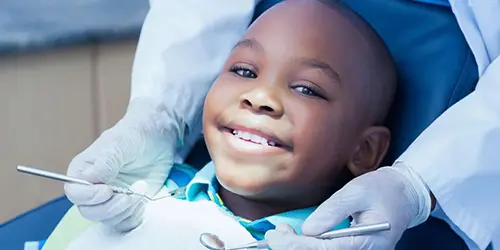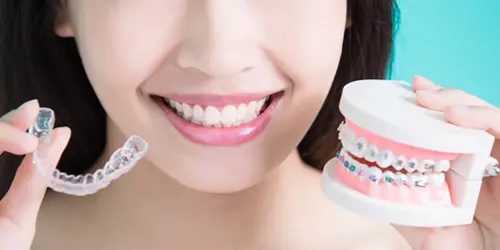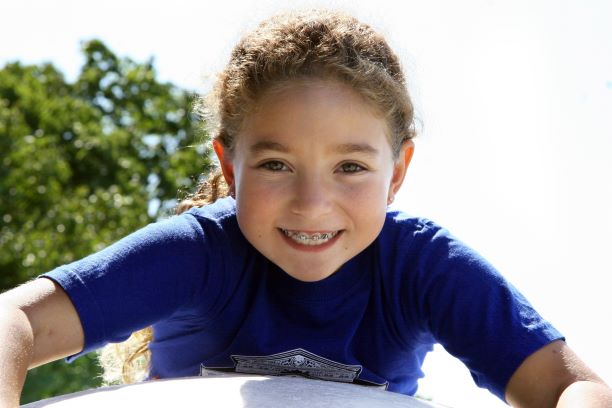
Children’s Cosmetic Procedures Long Island City
You may think cosmetic dentistry in Queens is reserved solely for adults, but you would need to be corrected. Children can benefit from cosmetic dental procedures as adults would. Granted, it is mostly adults who request brighter and more beautiful smiles with procedures such as veneers and teeth whitening, but that doesn’t negate that some […]
READ MORE
Best Pediatric Dentist Long Island City
Did you suffer a childhood trauma at the hands of your dentist? Well, unfortunately, you are not alone. There is a global fear of dentists for a variety of reasons. Some people would even defer from going to the dentist altogether, even if they need dental work or have immense pain related to their teeth. […]
READ MORE
Root Canal for Kids: How to Care for Teeth After Treatment
A root canal is recommended when a cavity has gone too deep into the root of a tooth, causing an infection. It is important to understand that root canals are safe and effective procedures that can help improve oral health in children. After a root canal for kids, there are important precautions to take and […]
READ MORE
7 Reasons Why Dental Prevention Is Important
Many people feel anxious about going to the dentist because of how dentists have been historically portrayed in movies or TV shows, or maybe because of past bad experiences. Although it may not be at the top of your priorities list, dental prevention is important and should be considered to prevent any severe diseases or […]
READ MORE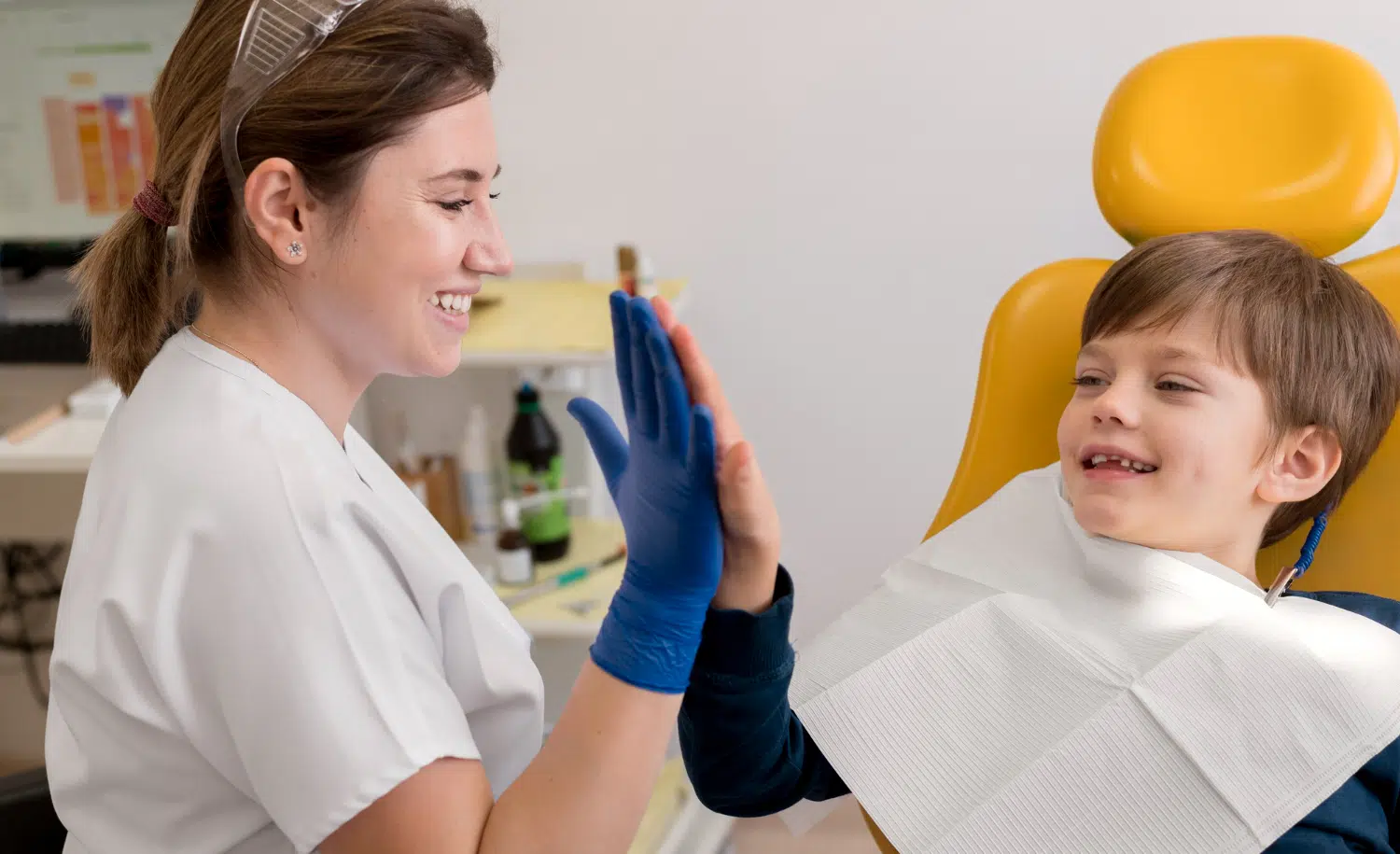
Child’s First Dental Visit: When to Begin
Introducing your child to the world of dentistry is a crucial step in ensuring their lifelong oral health. A child’s First Dental Visit sets the foundation for a positive relationship with dental care and can help prevent any potential dental anxieties. If you’re a parent in Queens searching for the best pediatric dentist in Queens, you’re […]
READ MORE
The Different Types of Fillings: Exploring Your Options
Dental fillings are materials used to fill cavities or holes in teeth caused by decay. In this blog, our pediatric dentist in Queens will tell you about the most common types of filling for teeth. What are the Different Types of Fillings? Amalgam Amalgam fillings, also known as silver fillings, are a type of dental […]
READ MORE
Foods To Avoid This Summer For A Teething Toddler
If you have a teething toddler at home, get ready for some crying. Teething is quite irritating to the child, and he\she cannot really express themselves, so they end up either crying for absolutely no reason. However, there are some things you can do to make the process easier, while others are a big No […]
READ MORE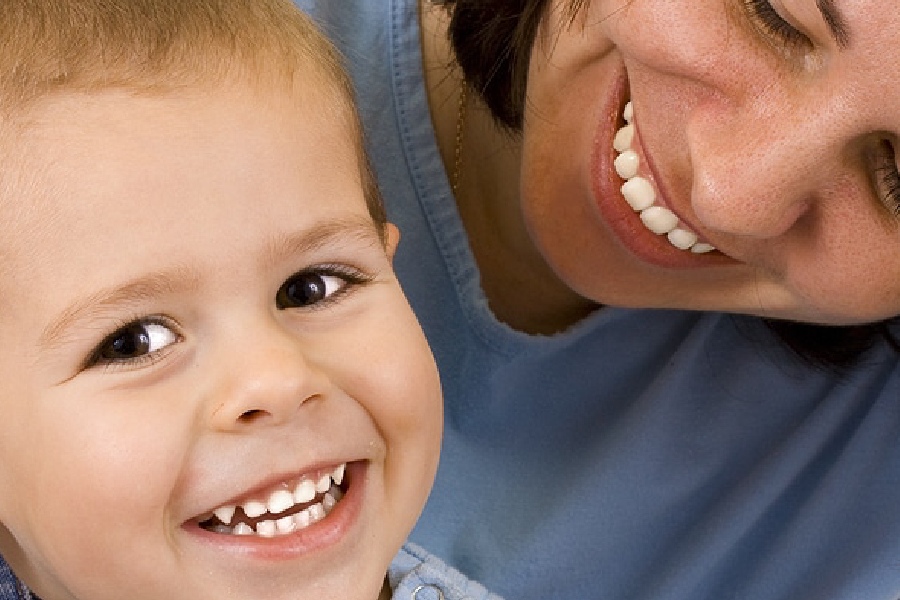
How Often To Replace A Toddlers Toothbrush
Our teeth are extremely valuable. They are as valuable as our eyes, our brains and our hearts. Some people think that since we have 32 of them – not to mention the 20 during our childhood – that losing one or a couple is not a big deal. It is a huge deal, in fact. […]
READ MORE
